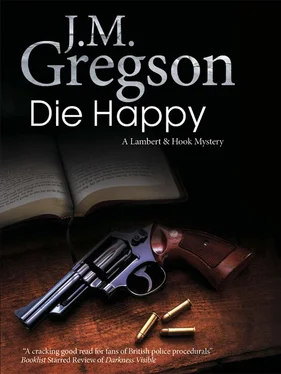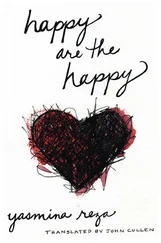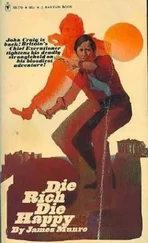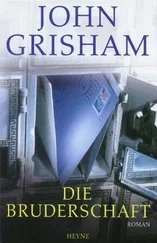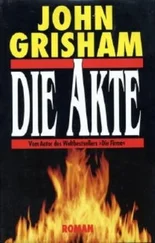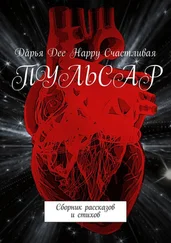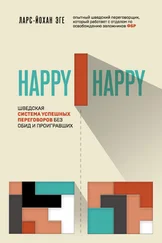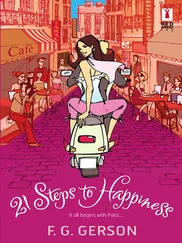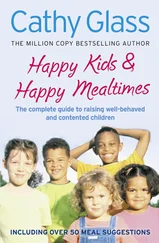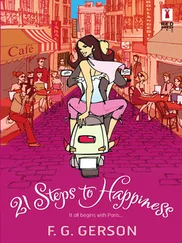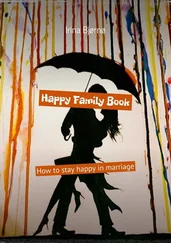J. Gregson - Die Happy
Здесь есть возможность читать онлайн «J. Gregson - Die Happy» весь текст электронной книги совершенно бесплатно (целиком полную версию без сокращений). В некоторых случаях можно слушать аудио, скачать через торрент в формате fb2 и присутствует краткое содержание. Год выпуска: 2011, Издательство: Severn House Publishers Ltd, Жанр: Полицейский детектив, на английском языке. Описание произведения, (предисловие) а так же отзывы посетителей доступны на портале библиотеки ЛибКат.
- Название:Die Happy
- Автор:
- Издательство:Severn House Publishers Ltd
- Жанр:
- Год:2011
- ISBN:нет данных
- Рейтинг книги:3 / 5. Голосов: 1
-
Избранное:Добавить в избранное
- Отзывы:
-
Ваша оценка:
- 60
- 1
- 2
- 3
- 4
- 5
Die Happy: краткое содержание, описание и аннотация
Предлагаем к чтению аннотацию, описание, краткое содержание или предисловие (зависит от того, что написал сам автор книги «Die Happy»). Если вы не нашли необходимую информацию о книге — напишите в комментариях, мы постараемся отыскать её.
Die Happy — читать онлайн бесплатно полную книгу (весь текст) целиком
Ниже представлен текст книги, разбитый по страницам. Система сохранения места последней прочитанной страницы, позволяет с удобством читать онлайн бесплатно книгу «Die Happy», без необходимости каждый раз заново искать на чём Вы остановились. Поставьте закладку, и сможете в любой момент перейти на страницу, на которой закончили чтение.
Интервал:
Закладка:
But Mrs Dooks was an intelligent woman; she saw the need for new techniques in this new situation. You couldn’t simply dragoon volunteers as you could professionals. These people were giving many hours of their time to help you to implement your grand design. Sometimes you had to persuade and convince your troops before you led them into battle.
Today she was chairing a meeting of the Oldford Literary Festival committee, and here her incisive mind and brisk approach were generally welcomed. Most of the people assembled with her in the room behind the library had endured meetings that dragged on for three hours and achieved no more than could have been decided in one. Marjorie’s efficient dispatch of the agenda items was collectively welcomed. Two people had already been arrested in full flow, but each time that had been a relief to the other people in the small, overheated room.
‘Item four. Speakers. Mrs Lambert, please.’
Christine cleared her throat a little nervously. ‘Good progress, I think. This year’s theme of “Law and Order through the Centuries” has left us a wide range of possibilities, which was our intention when we chose it. Dr Grainger, the Secretary of the Trollope Society, has suggested the topic of “Trollope and Urban Crime in the Nineteenth Century”. Jack Straw, the former Home Secretary, has agreed to speak about his recent book on people who have held the office since its inception. He plans to speak principally about six of the most influential holders of that office. The title of his talk is still to be finalized, but his attendance is guaranteed.’
Christine Lambert looked round the table. ‘These two talks we may take as definite. I think there is progress on other fronts also, but there are people here who can give us the most up-to-date information on that.’
‘Thank you, Mrs Lambert.’ Mrs Dooks completed a note on the pad in front of her and looked imperiously round the table. In truth, this was the section of the meeting where she felt least at ease. This was where she had to deal directly with ‘creative’ people, who were notoriously temperamental and unpredictable. She tended to use the word ‘arty’ herself, in private at least. It had a greater ring of scepticism about it, and implied that such people weren’t to be relied upon in practical matters.
No one seemed about to help her out by speaking. Marjorie looked round the ring of expectant faces and said firmly, ‘Now, who would like to begin?’
A confident, almost bored voice said after a second, ‘I suppose that had better be me.’ Peter Preston nodded his distinguished head a couple of times as if to endorse this decision, since it seemed no one else was going to do so. He had a broad, lightly lined face and large brown eyes, which the rimless glasses he had lately adopted seemed to accentuate and make even more impressive. He was a well-known local figure, though there were conflicting reports about his achievements. His opinions were frequently quoted in the local press and occasionally on Radio Gloucester; he was invariably described there as ‘a freelance BBC producer and director’, though no one was able to say confidently what was the last thing he had produced or directed.
Nevertheless, he spoke with authority on drama, poetry and opera, and was invariably ready with an opinion on anything ‘cultural’ — in the older and proper sense of that word, as he was wont to assure anyone who would listen. Preston could be tiresome, but he had contacts, and a little judicious flattery would easily persuade him to use them. Flattery wasn’t a weapon Marjorie Dooks cared to employ, but she recognized that Peter Preston might well have his uses when you were trying to set up a worthwhile literary festival with little know-how and very limited funds.
He paused, looked round the table, apparently satisfied himself that he had everyone’s attention, and announced, ‘Denzil Carter thinks he can fit us into his schedule. In the light of the derisory fees we are able to offer even the most eminent of our speakers, I had to call in a personal favour to get him, but I think he will come. I should be able to confirm this after further contacts in the coming week.’
‘Thank you, Mr Preston. As I am sure you will remember from the minutes of our meeting on February fourth, our fees are no longer a matter for discussion. We all understand that we are working to a tight budget, but the acceptances we already have are beginning to shape into a promising programme. Ms Charles?’
Whilst Preston bristled in silence, the woman on his left nodded and looked at her notes. ‘Please call me Sue. I’m not used to the formality of meetings, but I think we’ll make more rapid progress if we speak frankly and informally.’ She glanced round the table and found two or three heads nodding agreement and support.
Sue Charles was sixty-eight now, and unconsciously asserting the deference due to age and seniority in a gathering like this. She had written twenty crime novels, lived in the town for thirty years, and was a respected local figure. She carried her celebrity lightly and wasn’t ostentatious with her money, her neighbours said approvingly. Not many of them realized how modest the returns from writing were for all but the fortunate few. Sue had helped to found the literary festival, recognizing correctly that many authors would attend for modest fees. Some of them had an evangelical streak and were eager to spread the word about their particular kind of literature; others were natural mixers and speakers who welcomed an audience as a variant to the lonely process of writing. All were anxious to publicize and talk about their latest masterworks.
Sue Charles was more conscious of the realities of the literary life than anyone else in the room. She had spoken at the first Oldford Literary Festival herself and been well received. Now she was using her acquaintance — she modestly declined the word friendship — with one of the most eminent and well-known crime writers to persuade him to speak at this year’s event. ‘David Knight has agreed to come in May. My only reservation is that I know he is not in good health. But I will pick him up from the station and he will stay with me. He can now be included in our programme. I should be delighted to chair that session and to introduce him myself.’
Marjorie Dooks nodded. ‘That is good news indeed, Sue. Thank you for your continuing efforts on our behalf.’
From the other side of the table Peter Preston offered his most patronizing smile. ‘Whilst in no way wishing to denigrate the efforts of Ms Charles — or indeed her own literary productions — I think I should query once again whether we wish to include detective fiction and its practitioners within our programme. I don’t wish to appear a snob, but are we not affecting the prestige of our little cultural celebration by including the whodunit among more serious novels?’
‘What would you call yourself, if not a snob, then?’
The question burst abruptly and shockingly from the youngest person in the room, twenty-two-year-old Sam Hilton. Preston allowed himself a shake of the head and a supercilious smile. ‘Dear boy, I am an unashamed elitist, not a snob. I have standards. As one who has suffered the delights of modern state education, you would perhaps not understand the difference between snobbishness and elitism, but I assure you there is one.’
Marjorie Dooks spoke decisively from the chair. ‘This question has been debated in this committee several times previously, and I think each time at your insistence, Peter. With the possible exception of romantic fiction, the detective novel is more widely read than any other form of literature. At its best, it stands up beside the serious novel and certainly warrants a place in our programme.’
Читать дальшеИнтервал:
Закладка:
Похожие книги на «Die Happy»
Представляем Вашему вниманию похожие книги на «Die Happy» списком для выбора. Мы отобрали схожую по названию и смыслу литературу в надежде предоставить читателям больше вариантов отыскать новые, интересные, ещё непрочитанные произведения.
Обсуждение, отзывы о книге «Die Happy» и просто собственные мнения читателей. Оставьте ваши комментарии, напишите, что Вы думаете о произведении, его смысле или главных героях. Укажите что конкретно понравилось, а что нет, и почему Вы так считаете.
